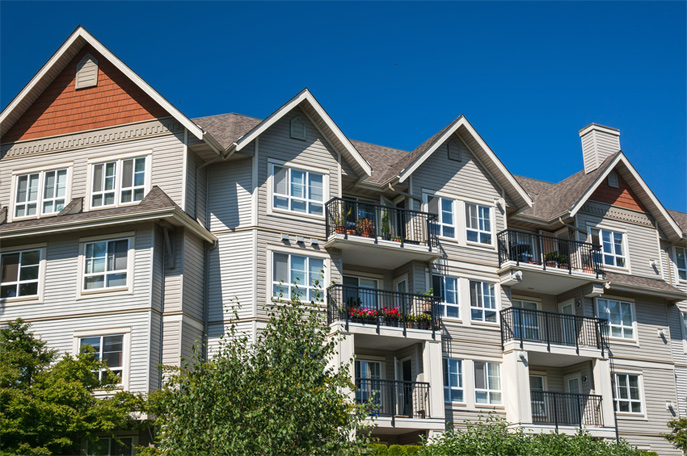- end-users or investors who buy a pre-construction condominium or house
- those who have purchased a newly built, not previously lived-in residence
- those who have built a personal residence (or have dramatically renovated)

Please enter the total value of your renovation including tax.
Why Choose Rebate4U?
Experienced Specialists
For over 10 years, the Rebate4U team has the knowledge and expertise to help residential property owners throughout Ontario successfully apply for regional HST Rebate programs.
Free Consultations
Our specialists offer complimentary consultations where we review your eligibility to determine whether you qualify for an Ontario HST Rebate so you can proceed with your application confidently.
Millions Awarded
We are able to expertly navigate rebate opportunities, staying up-to-date on the most recent rebate developments and changes in the HST Rebate program to maximize returns. To date, we’ve successfully acquired millions of dollars for clients in total.
Customer Commitment
The Rebate4U team is dedicated to delivering the highest level of customer service, we are here to answer your questions and help you navigate the intracises of your application easily and efficiently.
Set up a quick, free consultation with the Rebate4U team to explore your HST Rebate options.
Submit your required documents to Rebate4U, and we'll handle your application.
Apply for the rebate and receive thousands in rebates in just weeks with Rebate4U.
Please, enter a valid value
But the values you entered are invalid

In celebration of our 3 year anniversary at Rebate4u Inc, we have decided to reduce our fee structure for all new home and renovation rebates including the New housing rental rebate.
Don't waste your time looking for anyone else to take care of this because we will not be under sold.
Please fill out the form below or call us at 1-800-610-4510
Please, enter a valid value